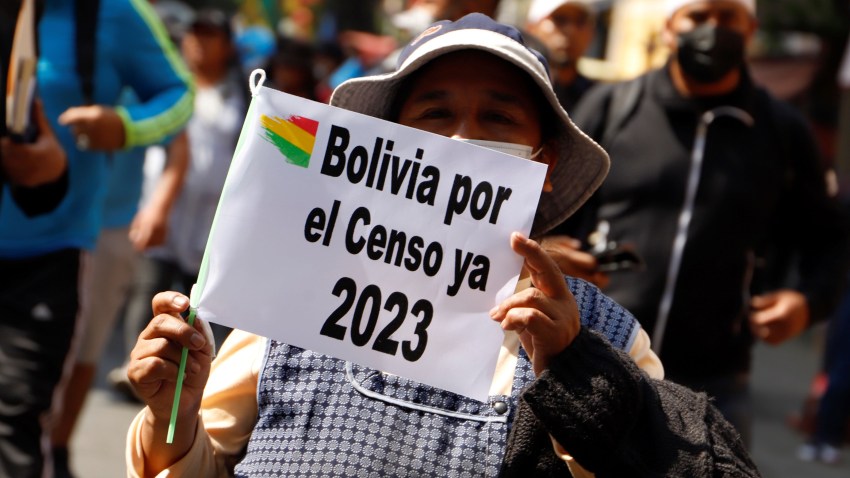The polarization that is plaguing democratic countries across the globe has made landfall in South America, where it’s not exactly new but has sharply intensified, casting a cloud over fragile democracies. The tension was felt most recently in last weekend’s election in Brazil, where many questioned whether the results would be accepted. The next possible flashpoint is in neighboring Bolivia, where political, economic, ethnic and regional divisions have exploded in the past and threaten to do so again.
The focus of the current crisis is an arcane but combustible issue: When should the country hold its national census?
That question has now put Bolivia in the grips of another standoff between the opposition and the government of President Luis Arce, heir to the deposed former President Evo Morales of the leftist Movement Toward Socialism party, or MAS by its Spanish acronym.

